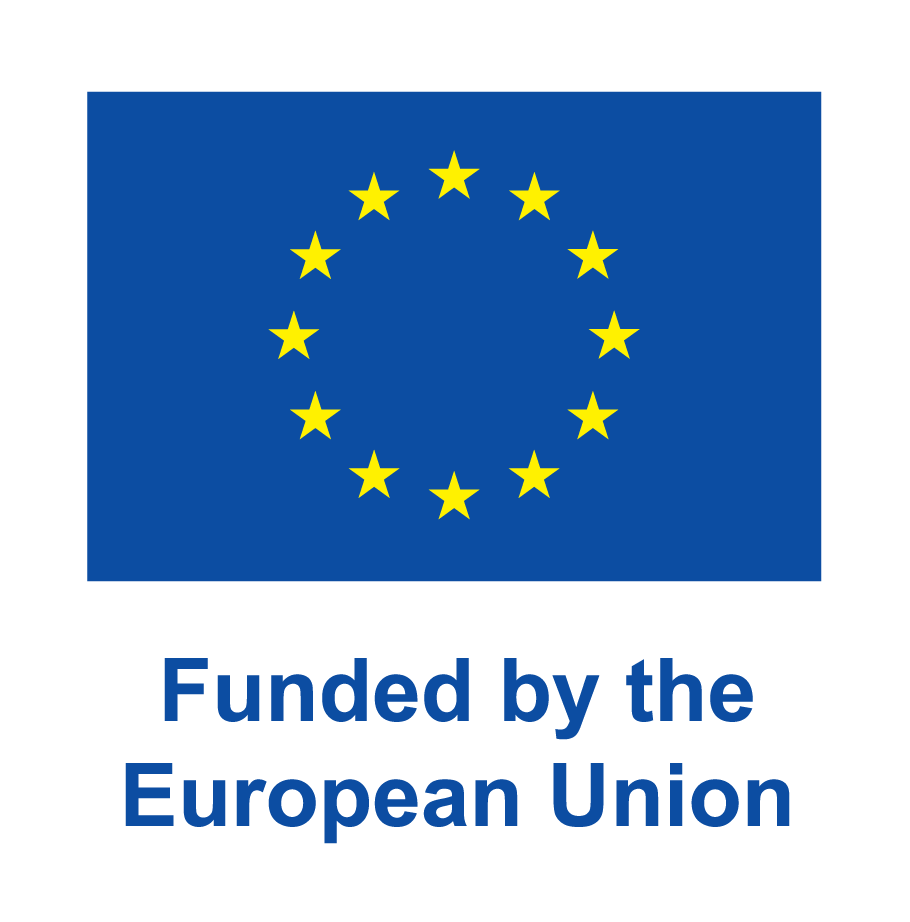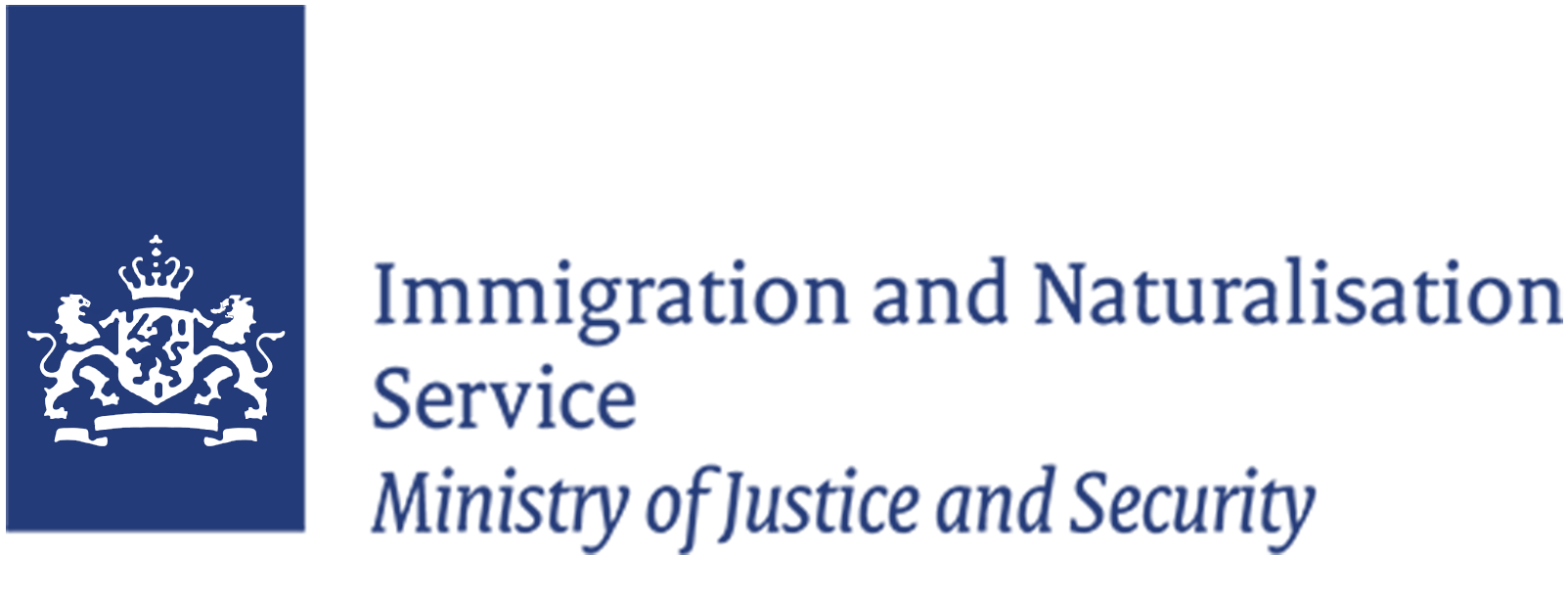Asylum seekers have the right to appeal against a decision on their asylum application. With a view to the entry into force of the Migration Pact on 12 June 2026, the EMN mapped out the current appeal procedures of Member States. Many EU Member States appear to encounter obstacles in the handling of appeal cases, mainly due to a lack of capacity in the courts. Digitisation and knowledge exchange between courts are a solution in some countries.
EMN-onderzoek, twopager EMN NL | Internationale bescherming
Too many cases, too little time. Increase in the number of appeal procedures for Asylum cases poses challenge for many courts in the EU Member States
The right of asylum seekers to appeal their asylum decision is enshrined in EU legislation, including the Asylum Procedures Regulation of 26 June 2013 (2013/32/EU) and the newly adopted Asylum Procedures Regulation (2024/1384/EU), which will go into effect 12 June 2026. EU Member States must apply this Regulation from the entry into force of the Migration Pact on 12 June 2026, thereby ensuring that people can continue to make use of appeal procedures. In order to gain insight into how Member States have organised appeal procedures to date, the EMN mapped out the current procedures and compared them with one another. The EMN study only covers appeal procedures at first instance, i.e. the first time a judge hears a case.
Member States apply different deadlines for lodging an appeal
The deadlines for initiating an appeal procedure vary from one Member State to another, depending on the type of asylum procedure in which an asylum decision has been taken.
- General Asylum Procedure
Compared to other EU Member States, the Netherlands has relatively short deadlines for lodging an appeal during this procedure. Asylum seekers must do so within one week, after which the court has four weeks to issue a ruling. This also applies in four other Member States (BG, EL, PL, SI). - Extended Asylum Procedure
The Netherlands handles more complex cases in the extended procedure, for which an appeal period of four weeks applies. This is comparable to the appeal period in the general asylum procedure in many other Member States (BE, CY, CZ, EL, FI, FR, HR, LU, LV, SK). - Accelerated Asylum Procedure
Only BG, CY, IE, LU, and PL have a modified appeal procedure against decisions in the accelerated procedure. In addition to the general and extended asylum procedures, the Netherlands also has an accelerated (simplified) procedure, but does not have shorter application and decision periods for this. - Border Procedures
With the exception of France, Member States do not have specific appeal procedures against decisions in the context of the border procedure.
Legal Aid and Procedural Protections
In the Netherlands and most other Member States (BE, BG, CY, CZ, DE, EE, FR, HR, IE, LT, LU, LV, PL, SE, SK), asylum seekers can make use of state-funded legal aid. The Netherlands is one of the few countries where asylum seekers receive this legal aid automatically, without having to request it. This also applies in Bulgaria, Austria, Spain and Sweden. Like most Member States, the Netherlands offers unaccompanied minor asylum seekers extra procedural protection by appointing a lawyer and a guardian.
Barriers to the appeals system
The Netherlands is one of 12 Member States (BE, CY, DE, EE, FR, IE, LT, LU, LV, NL, PL, SI) that are experiencing challenges in handling appeals. Eight Member States (BE, DE, EE, IE, LT, LV, NL, SI) cite an increase in the number of appeals and a lack of capacity or resources (including financial resources) in the courts.
In the Netherlands, courts have additional appeals because more asylum seekers are appealing against the failure to decide on their asylum applications in a timely manner. This number is higher due to backlogs in the processing of asylum applications.
Eight Member States (BE, CY, EE, FI, IE, NL, LV, SI) also mentioned challenges related to backlogs in the processing of appeals. This may be due to an increase in the number of appeals, insufficient time to make a decision, and/or a lack of staff. The Netherlands and Lithuania also mention a shortage of interpreters, who are often needed at court hearings.
Solutions proposed by Member States:
- Increased capacity
The Netherlands, Cyprus, Ireland and Slovakia see increasing the capacity of the competent authorities as the main solution. - Digitisation of asylum appeal procedures
Germany, Ireland, Lithuania and Spain reported successes with digitalising aspects of appeal procedures. In Germany and Lithuania, for example, this involves online hearings, while Ireland has introduced digital (paperless) procedures. - Knowledge exchange
In order to catch up on backlogs, courts in the Netherlands are exchanging knowledge and experience on how to handle cases more efficiently. Finland has started categorising cases based on country of origin and grounds for asylum in order to work more efficiently on similar court cases. Finland also determines early on in the procedure which cases require an oral hearing.
*Participating countries: Austria (AT), Belgium (BE), Bulgaria (BG), Cyprus (CY), Czech Republic (CZ), Germany (DE), Estonia (EE), Greece (EL), Spain (ES), Finland (FI), France (FR), Croatia (HR), Hungary (HU), Ireland (IE), Lithuania (LT), Luxembourg (LU), Latvia (LV), Netherlands (NL), Poland (PL), Sweden (SE), Slovenia (SI), Slovakia (SK)


